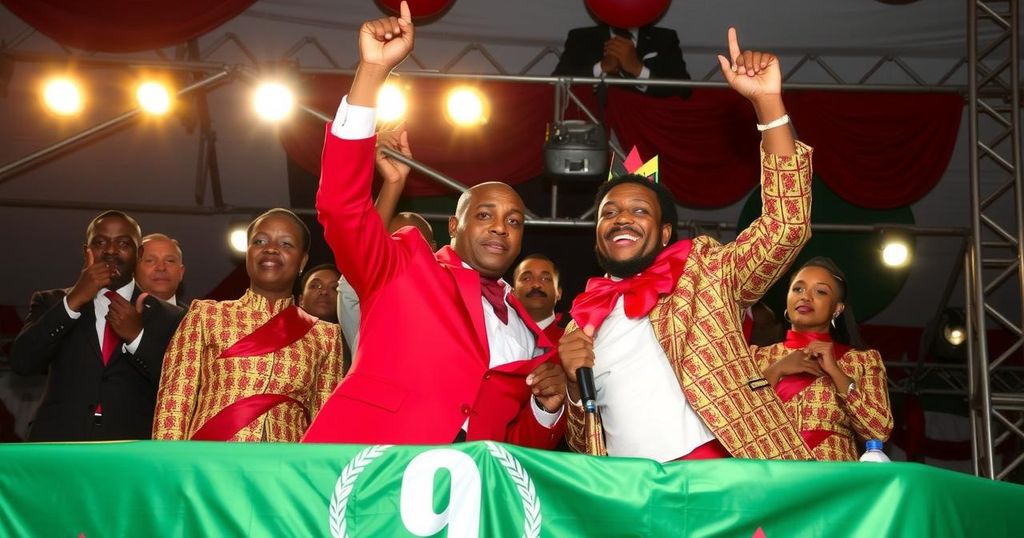Mozambique’s Constitutional Council Confirms Frelimo’s Election Victory Amidst Unrest

Mozambique’s highest court upheld the election victory of the ruling Frelimo Party and Daniel Chapo amid allegations of electoral fraud, leading to violent protests and over 130 deaths. Chapo promised reforms to address systemic issues in the electoral process, but opposition supporters continue to rally against the results, resulting in ongoing unrest and arrests. The political climate remains highly unstable as calls for reform grow louder.
Mozambique’s Constitutional Council has upheld the election victory of the Frelimo Party and its candidate, Daniel Chapo, amid serious allegations of electoral malpractice. Despite acknowledging irregularities in the electoral process, the Council affirmed that these discrepancies did not significantly impact the outcome. Chapo secured 65.17% of the vote against opposition candidate Venâncio Mondlane, who garnered 24.29%. This decision has exacerbated ongoing tensions, as violent protests have erupted, resulting in over 130 fatalities and numerous injuries over the past weeks.
Chapo’s acceptance speech emphasized his commitment to serving all Mozambicans, not solely his political party. He pointed toward the necessity of profound electoral reforms, expressing his dedication to developing a democratic system that reflects the collective aspirations of the populace. However, this announcement has led to further unrest, with Mondlane’s supporters continuing to protest and call for a national shutdown, citing vote rigging.
The overall electoral situation remains fraught as human rights organizations have reported unrest and repression against demonstrators. Over 300 arrests have been documented since the protests began in October. Critics, including human rights activist Adriano Nuvunga, have condemned the Constitutional Council’s decision, arguing that it has failed to unify the nation and that the ruling will deepen societal divisions.
The political landscape in Mozambique is characterized by longstanding dominance by the Frelimo Party, which has been in power for 49 years. The recent elections held on October 9 included presidential, legislative, and provincial contests. The electoral process has been accused of significant irregularities, which has led to widespread protests and civil unrest following the announcement of results. Daniel Chapo’s ascension to the presidency amid these conditions exemplifies the ongoing challenges in Mozambique’s democracy, which many activists argue are rooted in a need for electoral reform and a more inclusive political process.
The reaffirmation of Frelimo’s election outcome and Chapo’s controversial victory has spiraled Mozambique into further turmoil, exacerbating tensions between the ruling party and opposition supporters. With ongoing protests and calls for significant electoral reforms, the political stability and future governance of the nation remain tenuous. The Constitutional Council’s decision appears to have deepened existing divides rather than fostering national unity, prompting calls for change amidst a climate of unrest.
Original Source: www.voanews.com







